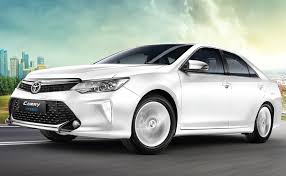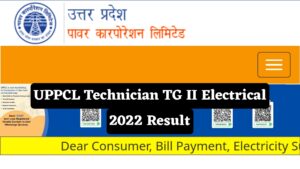For a long time, conversations about cars in India have been dominated by mileage. However, recent trends indicate a shift in consumer preferences, with safety features and overall quality becoming more important. Interestingly, there is also a trend toward larger vehicles. hybrid cars
This is where hybrid cars can prove to be a wise choice for those looking for a combination of size and efficiency. In 2023, models such as the Innova High Cross and Grand Vitara were introduced. Now in 2024, the hybrid car market will continue to grow.
Toyota Fortuner/Hilux: A Hybrid Transformation
A staple in the full-size SUV segment, the Fortuner is ready for a complete makeover. Toyota is considering a mild hybrid system for its 2.8-liter diesel engine, a move that follows the introduction of a similar setup in the Hilux.
This hybrid system consists of a 45V mild hybrid with an electric motor and promises to maintain the vehicle’s robust off-road capabilities. The big question is whether this hybrid technology will make its debut in India on the Fortuner or Hilux.hybrid cars
Maruti Swift/Dzire: The Popular Duo Goes Hybrid
Swift and Gillet, which are well-known names in India, are expected to transform into mild hybrids. The new generation Swift, which was unveiled for the first time at the Tokyo Motor Show, is equipped with a 1.2-liter Z12E engine and features a hybrid configuration to improve performance and fuel efficiency.
The interior is said to be tailored to models such as Fronx and Baleno and comes with modern amenities such as a 9.0-inch infotainment system and advanced safety features. The Swift is expected to go on sale in the first half of 2024, with the gilet expected to follow.
Nissan X-Trail: A Premium Hybrid Entrant
As Nissan looks to diversify its Indian portfolio, the X-Trail stands out as a potential CBU (Completely Built Unit) product. Previously launched in India, the X-Trail is known globally for its diverse engine options, including an attractive mild-hybrid version. Equipped with features such as a 12.3-inch digital instrument cluster and a panoramic sunroof, the X-Trail is expected to be launched in mid-2024 and will be priced at of around Rs 50,000.
Kia Clavis: A New Hybrid Contender
Kia’s next SUV, the Clavis, will be positioned between the Sonet and Seltos. The Clavis is particularly important as it is said to be Kia Motors’ first hybrid model in India. Launch is scheduled for 2025, but it seems likely that it will be made public by the end of 2024. Expectations are rising for the Clavis, which has a design with more space and a variety of functions.
Highlights:
- Shift in Consumer Preferences: Safety and features are currently as important as mileage.
- Trend Towards Bigger Cars: Hybrids are becoming a popular choice in the larger vehicle segment.
- Toyota’s Hybrid Ventures: The Fortuner and Hilux are fixed to get a mild hybrid system.
- Maruti’s Hybrid Innovations: The Swift and Dzire are gearing up for a hybrid upgrade.
- Nissan X-Trail: A promising hybrid entrant in the premium segment.
- Kia Clavis: Set to debut as Kia’s rather hybrid car in India. hybrid cars
2024 will be a pivotal year for the Indian automobile market, with hybrid vehicles expected to take center stage. These upcoming models not only represent a leap forward in technology but also reflect the changing tastes of Indian consumers. Stay tuned as we continue to share the latest news and updates on this exciting automotive development journey.































